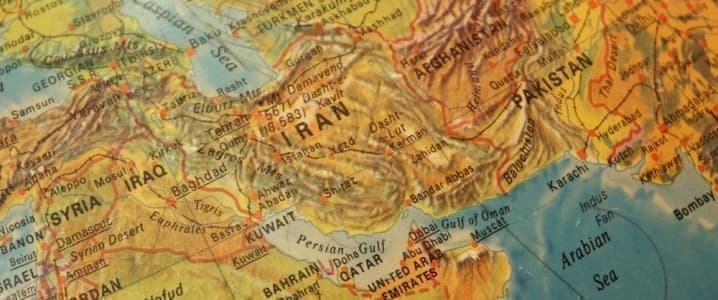Iraq’s parliamentary election on November 11, 2023 represents a significant turning point for Iran’s influence in the region. The outcome may determine whether Tehran maintains its vital foothold in Iraq or faces a more fragmented and costly strategy of managing its proxies from a distance. As Iran grapples with setbacks in Syria and increasing challenges to its allies, the stakes have never been higher for both the Islamic Republic and its regional ambitions.
The election arrives as Iran’s regional power appears to be waning. According to Colin Clarke, executive director of the Soufan Center, a New York-based think tank, the results could lead to a significant perception shift regarding Iranian power. “If its preferred candidates fare poorly, it could lead to a cascading effect where Iranian power is viewed as significantly diminished,” he stated. This potential outcome could tarnish Tehran’s reputation across the region, presenting its leadership as weakened.
For years, Iran has cultivated influence in Iraq by supporting numerous Shi’ite parties and militias, many of which were established with backing from the Islamic Revolutionary Guards Corps (IRGC). Nonetheless, this grip has loosened following the 2020 US assassination of Qassem Soleimani, the former commander of the Quds Force. His death has contributed to infighting and fragmentation among groups that once fell under Iran’s control.
The political landscape within Iraq has become increasingly complex. The Shi’ite factions that comprise the Coordination Framework, including Prime Minister Mohammed Shia’ al-Sudani, are now divided over US-supported initiatives aimed at disbanding the Popular Mobilization Forces (PMF). Originally formed in 2016, the PMF is a conglomerate of militias, predominantly aligned with Iran, that were integrated into Iraq’s armed forces. This division highlights a shift away from unified pro-Iran alliances towards more transactional and interest-driven political dynamics.
In an attempt to mitigate these rivalries, Iran sent Esmail Qaani, the new commander of the Quds Force, to Baghdad earlier in October. His mission’s success remains uncertain, reflecting the broader challenges Iran faces in maintaining its influence.
Clarke noted that Iran’s position has deteriorated significantly, stating, “Iran does not have positive momentum and has been greatly diminished.” He highlighted how Israeli actions have undermined Iran and its proxies, leading to growing doubts among Iran’s supporters regarding the reliability of their leadership.
The erosion of Iran’s influence is compounded by broader regional setbacks. Over the past two years, Israel has dealt severe blows to Iran’s military capabilities, targeting groups such as Hamas and Hezbollah. The ongoing confrontations have exposed vulnerabilities within Iranian operations, particularly in Syria, where the weakening of Hezbollah has implications for Iranian military strategy in the region.
Iraq now stands as a crucial arena for Iran, especially as other regional options diminish. If the election results do not align with Tehran’s interests, Clarke anticipates a strategic response rather than a retreat. “Iran has the difficult task ahead of having to rebuild these proxy groups and dedicate more time, energy, and resources,” he explained, emphasizing that these resources are already in short supply.
The upcoming election is not merely a political event but a critical test of Iran’s ability to shape outcomes in a region where its power is increasingly challenged. As Iraq votes on November 11, the results could redefine the balance of power not only within Iraq but across the Middle East, determining the future of Iranian influence in a rapidly evolving geopolitical landscape.







